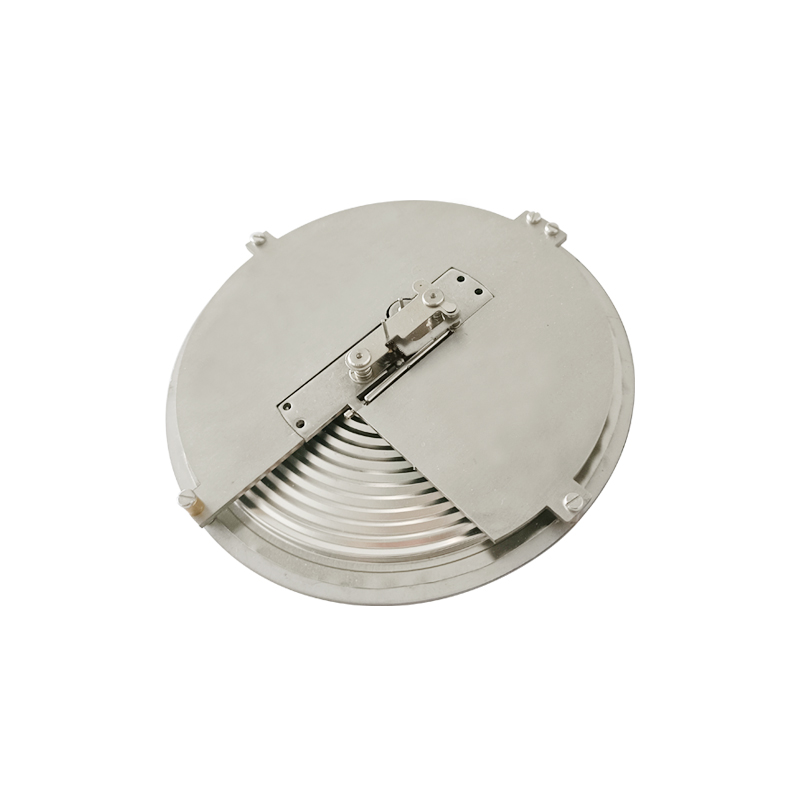
Aug . 09, 2024 03:45 Back to list
Exploring the Benefits and Applications of Diaphragm Sealed Pressure Gauges for Various Industries
Diaphragm-Sealed Pressure Gauges An Overview
In various industrial applications, accurate pressure measurement is crucial for ensuring safety and operational efficiency. Among the myriad of instruments available for pressure measurement, diaphragm-sealed pressure gauges have gained significant attention due to their robust design and ability to handle challenging environments. This article explores the fundamental principles of diaphragm-sealed pressure gauges, their advantages, applications, and considerations for selecting the right gauge.
Understanding Diaphragm-Sealed Pressure Gauges
Diaphragm-sealed pressure gauges utilize a flexible diaphragm to transmit pressure from the medium being measured to the gauge itself. The diaphragm is often made of materials such as stainless steel or other alloys that provide corrosion resistance and durability. When pressure is applied, the diaphragm deflects, transmitting the pressure to a sensing mechanism within the gauge, such as a Bourdon tube or a calibrated spring. This deflection is then translated into a readable pressure value on the gauge face.
Advantages of Diaphragm-Sealed Pressure Gauges
1. Isolation from the Process One of the most significant benefits of diaphragm-sealed gauges is their ability to isolate the sensing element from the process medium. This is particularly useful when measuring highly corrosive, viscous, or crystallizing fluids, as the diaphragm protects the internal mechanism of the gauge from damage.
2. Improved Accuracy Because the diaphragm directly transmits pressure, these gauges can offer higher accuracy compared to traditional gauges in some applications. This is essential in industries where precision is critical, such as pharmaceuticals and food processing.
3. Versatility in Applications Diaphragm-sealed gauges are suitable for a wide range of applications across various industries, including oil and gas, chemical processing, and water treatment. Their adaptability makes them an excellent choice for different pressure ranges and media types.
4. Reduced Maintenance Requirements The construction of diaphragm gauges typically leads to lower maintenance requirements as they are less susceptible to damage from process conditions. This can result in lower operational costs and improved uptime.
Applications
diaphragm sealed pressure gauges quotes

Diaphragm-sealed pressure gauges are utilized in many scenarios. In the chemical industry, they are often used to monitor corrosive substances while ensuring safety and reliability. In oil and gas extraction, these gauges measure pressure in pipelines and tanks, where harsh environmental conditions prevail. Additionally, in the food and beverage sector, they help in monitoring processes where hygiene and cleanliness are paramount.
Selecting the Right Diaphragm-Sealed Pressure Gauge
When selecting a diaphragm-sealed pressure gauge, several factors need to be considered
1. Material Compatibility The diaphragm material must be compatible with the process medium to prevent degradation. Materials like stainless steel are often used, but options vary based on specific needs.
2. Pressure Range Consider the pressure range required for the application. Ensuring the gauge operates within its specified limits is crucial for accurate measurements.
3. Temperature Considerations Fluctuating temperatures can impact gauge performance. It’s essential to select gauges rated for the temperature conditions of the process.
4. Mounting and Size Depending on the installation site, size and mounting options should be considered to ensure proper integration into the existing system.
Conclusion
Diaphragm-sealed pressure gauges offer a reliable solution for pressure measurement across diverse industries, especially when dealing with challenging process conditions. Their ability to isolate the sensing element from the media, combined with higher accuracy and lower maintenance, makes them an invaluable tool in maintaining safety and efficiency in industrial operations. By understanding their advantages and key selection criteria, engineers can make informed decisions that enhance operational reliability and data accuracy.
-
Capillary Type Differential Pressure Gauge Precision Measurement Solutions
NewsMay.19,2025
-
Diaphragm Seal Pressure Gauges High Accuracy & Corrosion Resistance
NewsMay.19,2025
-
Pressure Gauge with Diaphragm Seal & Manifold Reliable Industrial Solutions
NewsMay.18,2025
-
Digital Differential Pressure Gauge Price Precision Sensors & Best Deals
NewsMay.18,2025
-
Wika Diaphragm Seal Pressure Gauge High-Accuracy & Durable Solutions
NewsMay.18,2025
-
Diaphragm Type Differential Pressure Gauges High-Accuracy & Durable Solutions
NewsMay.17,2025
